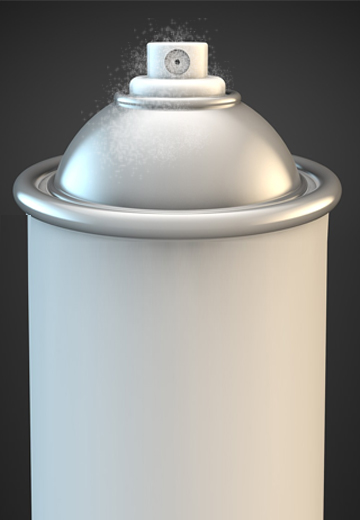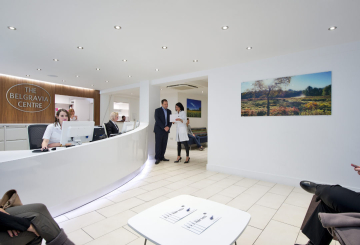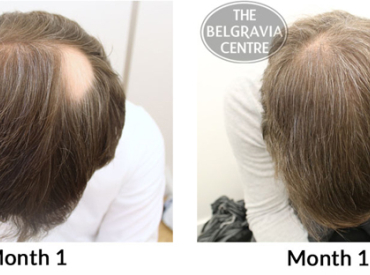-
Male Hair Loss Conditions
- Male Pattern Hair Loss
- Other Conditions
-
Male Hair Loss Treatments
- Hair Loss Treatments – A Guide
-
Patterns of Hair Loss
- Receding Hairline
- Thinning Crown
- General Thinning
-
Hair Loss Success Stories
- Hair Regrowth Photo-Gallery
-
Female Hair Loss Conditions
- Hair Loss in Women - Guide
- Female Pattern Hair Loss
- Telogen Effluvium (TE)
- Diffuse Thinning | Chronic TE
- Alopecia Areata
-
Female Hair Loss Treatments
- Female Hair Loss Treatments - A Guide
- Belgravia High-Strength Minoxidil
- Hair Vitalics For Women
- Clinical Treatment Therapy
-
Hair Loss Success Stories
- Women’s Hair Regrowth Photo-Gallery
-
Back
-
Male Hair Loss Conditions
- Male Pattern Hair Loss
- Other Conditions
-
Male Hair Loss Treatments
- Hair Loss Treatments – A Guide
-
Patterns of Hair Loss
- Receding Hairline
- Thinning Crown
- General Thinning
-
Hair Loss Success Stories
- Hair Regrowth Photo-Gallery
-
Back
-
Female Hair Loss Conditions
- Hair Loss in Women - Guide
- Female Pattern Hair Loss
- Telogen Effluvium (TE)
- Diffuse Thinning | Chronic TE
- Alopecia Areata
-
Female Hair Loss Treatments
- Female Hair Loss Treatments - A Guide
- Belgravia High-Strength Minoxidil
- Hair Vitalics For Women
- Clinical Treatment Therapy
-
Hair Loss Success Stories
- Women’s Hair Regrowth Photo-Gallery
Aerosol Treatment for Alopecia Areata in Development
A cutting-edge biotech company run by MIT-trained scientists has won investment from a Danish pharmaceutical firm to try out a totally new approach to treating Alopecia Areata, the autoimmune disorder that leads to sudden, patchy hair loss.
With the backing of Denmark-headquartered multinational LEO Pharma, Boston-based Novopyxis is developing an early-stage, aerosol-based drug delivery device that aims to increase the penetration of topical treatments in the skin. Alopecia Areata has been singled out as a suitable condition on which to clinically test the new delivery system.
 What is being tested?
What is being tested?
It appears that the focus of the trial is not, therefore, on a new drug, but on the new delivery system although there is a degree of ambiguity here. What seems possible is that the drug being used is minoxidil, which is licensed for use on genetic hair loss conditions male pattern baldness and female pattern hair loss in the UK. This is currently available in a range of solutions, from liquid and cream to foam. Though many suspect foam minoxidil to be less efficient due to it largely being absorbed into the hair rather than the scalp.
Equally possible, however, is that the trial will make use of LEO’s top-secret LEO 124249 drug, which is known to be in development. This is intended to be applied topically twice per day, and while the drug may simply be a modified version of minoxidil, it may also be something that is entirely new.
At Belgravia, recommended formulations of high strength minoxidil have been used to significant effect when treating clients with Alopecia Areata. Other effective Alopecia Areata treatment options are currently few and far between; the efficacy of existing treatments typically diminishes as the severity of the hair loss increases. Indeed, two extreme forms of Alopecia Areata Alopecia Totalis and Alopecia Universalis lead to total baldness (the latter condition leaves the entire body without hair) and are currently untreatable.
In a press release about LEO/Novopyxis agreement, little is being given away about the trial (beyond the fact that a total of 20 volunteers are to be recruited) or, indeed, the new aerosol system, though it seems certain that the two companies see its potential as a new way to administer drugs for a wide variety of conditions.
Developments welcome
Any developments in the field of Alopecia Areata are to be welcomed, as it can be a devastating condition when it strikes, especially when children are affected. What may start as one or more small, rounded, coin-sized bald spots on the scalp can quickly spread or it might just as easily clear itself up in a number of months. This “not knowing” aspect of the disease can make it especially difficult to deal with.
In the UK, support for people with the condition can be found via a number of charities, the best known of them being Alopecia UK, who offer help and information and also arrange social events where people with the disease can get together and share stories. Their next major annual gathering is at the 2017 Big Weekend which takes place in Birmingham from September 22-24.

The Belgravia Centre
The Belgravia Centre is a world-renowned group of a hair loss clinic in Central London, UK. If you are worried about hair loss you can arrange a free consultation with a hair loss expert or complete our Online Consultation from anywhere in the world for home-use treatment.
View our Hair Loss Success Stories, which includes the world's largest gallery of hair growth photos and demonstrates the level of success that so many of Belgravia's patients achieve.


